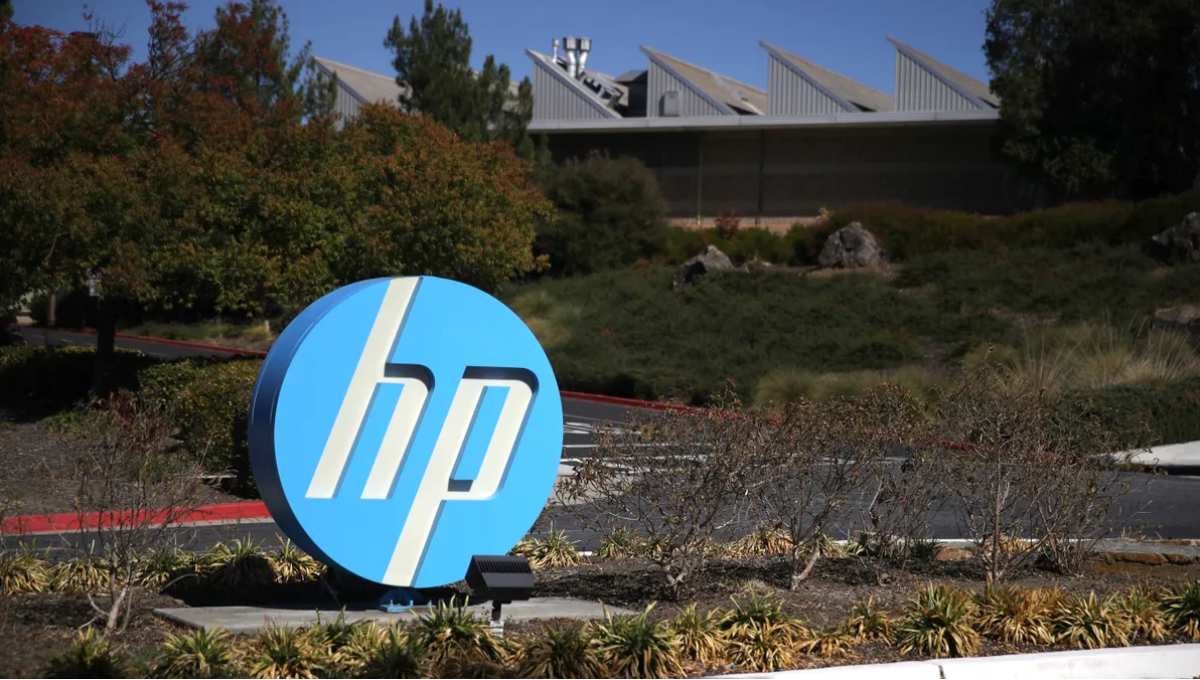OpenAI Faces Growing Financial Scrutiny Amid Leaked Revenue and Costs
After a year of intense dealmaking and speculation about an upcoming IPO, OpenAI is now facing increasing financial scrutiny. Leaked documents, obtained by tech blogger Ed Zitron, have shed light on OpenAI’s revenue and compute costs over the last couple of years.
According to Zitron, Microsoft received $493.8 million in revenue share payments from OpenAI in 2024. In the first three quarters of 2025, this amount rose to $865.8 million, based on the leaked documents.
OpenAI reportedly shares 20% of its revenue with Microsoft under a previous deal in which the tech giant invested over $13 billion into the AI startup. While neither OpenAI nor Microsoft has publicly confirmed this percentage, it’s widely accepted.
The situation becomes more complicated, however, as Microsoft also shares revenue with OpenAI. The software giant reportedly returns about 20% of the revenues from its Bing search engine and Azure OpenAI Service, which sells cloud access to OpenAI’s models. These figures were sourced from someone familiar with the arrangement.
It’s important to note that the leaked documents detail Microsoft’s net revenue share, not the gross figure. This means they don’t include what Microsoft paid OpenAI for the Bing and Azure OpenAI royalties. According to the source, Microsoft subtracts these payments from its reported revenue share.
Since Microsoft doesn’t provide specific breakdowns for revenue generated from Bing and Azure OpenAI, it’s difficult to estimate how much of that money is passed back to OpenAI. However, these leaked documents still provide valuable insight into the company’s finances, revealing not only its revenue but also its significant expenses.
Rising Inference Costs and Projections for OpenAI’s Future
Based on the widely cited 20% revenue-share, OpenAI’s estimated revenue was at least $2.5 billion in 2024, and $4.33 billion for the first three quarters of 2025—although it could very well be higher. Other reports, including one from The Information, suggest OpenAI’s 2024 revenue may have been closer to $4 billion, with its 2025 revenue for the first half of the year reaching around $4.3 billion.
OpenAI CEO Sam Altman has recently stated that the company’s revenue is “well more” than the reported $13 billion for the year, with projections to surpass a $20 billion annualized revenue run rate by year’s end, and potentially reach $100 billion by 2027.
According to Zitron’s analysis, OpenAI likely spent about $3.8 billion on inference in 2024, with that number climbing to roughly $8.65 billion for the first nine months of 2025. Inference refers to the compute resources required to run a trained AI model to generate responses.
OpenAI has traditionally relied heavily on Microsoft’s Azure for compute power, although it has also entered into agreements with other providers such as CoreWeave, Oracle, AWS, and Google Cloud. Previous reports estimate OpenAI’s total compute expenditure at $5.6 billion for 2024 and its “cost of revenue” at $2.5 billion for the first half of 2025.
A source familiar with the matter clarified that while OpenAI’s training costs are mostly non-cash—paid through credits from Microsoft as part of their investment—its inference costs are mostly paid in cash. This means that OpenAI could be spending more on inference than it’s generating in revenue, which could raise concerns about the sustainability of its business model.
These numbers only add to the ongoing debate about the AI “bubble.” If OpenAI, a leader in the space, is still running models at a loss, it raises questions about the future of AI startups and their massive valuations. What might this mean for the broader AI industry as it faces continued investor scrutiny?
Also Read:
Databricks Co-founder: U.S. Must Go Open-Source to Compete with China in AI
OpenAI rolls out group chats in ChatGPT, letting you plan events and brainstorm with friends









